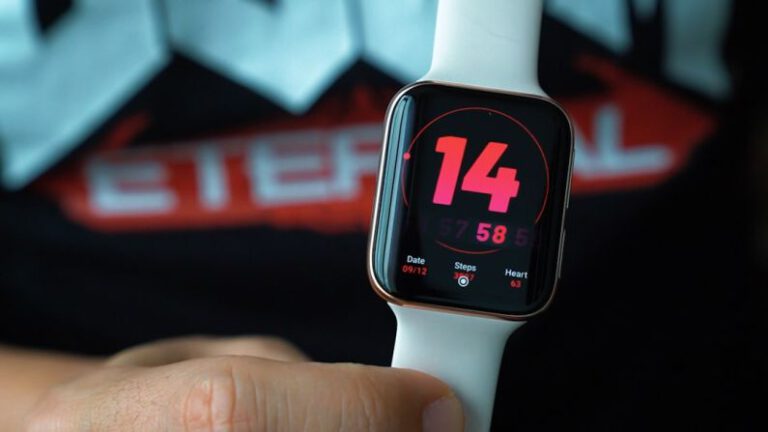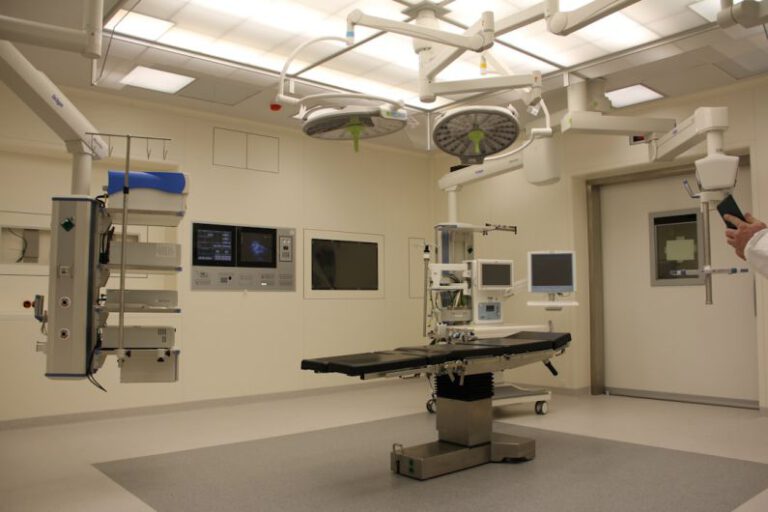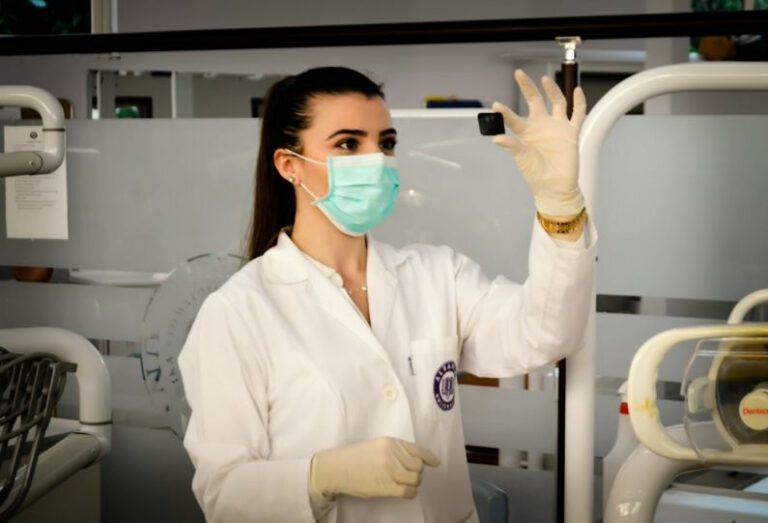Telemedicine: the New Normal in Patient Consultation
In recent years, the healthcare industry has witnessed a significant shift towards telemedicine, a trend that has been accelerated by the global pandemic. This alternative method of patient consultation, which involves the use of technology to facilitate remote medical appointments, has become increasingly popular due to its convenience, accessibility, and cost-effectiveness. As more healthcare providers and patients embrace telemedicine, it is evident that this approach is here to stay, reshaping the way healthcare services are delivered.
The Rise of Telemedicine
Telemedicine has experienced a rapid rise in popularity, driven by advancements in technology and the need for safer and more convenient healthcare solutions. With the widespread availability of smartphones, tablets, and computers, patients can now connect with their healthcare providers from the comfort of their own homes. This has proven to be especially beneficial for individuals with mobility issues, those living in remote areas, or individuals with busy schedules who struggle to find the time for in-person appointments.
Improved Access to Healthcare
One of the key advantages of telemedicine is its ability to improve access to healthcare services, particularly for underserved populations. In rural areas where medical facilities are scarce, telemedicine can bridge the gap by connecting patients with specialists located in urban centers. This not only reduces the need for long-distance travel but also ensures that patients receive timely and quality care. Additionally, individuals with disabilities or chronic conditions that make it difficult for them to visit a healthcare facility can now access medical advice and treatment without leaving their homes.
Enhanced Patient Experience
Telemedicine offers patients a more convenient and comfortable healthcare experience compared to traditional in-person consultations. By eliminating the need to commute to a medical office, patients can save time and money while avoiding the stress of navigating traffic or public transportation. Furthermore, telemedicine allows patients to receive medical advice and prescriptions without the risk of exposure to infectious diseases, a significant concern in the current global health crisis. This remote approach to healthcare also enables patients to schedule appointments outside of traditional office hours, accommodating their busy lifestyles.
Efficient Use of Resources
From the perspective of healthcare providers, telemedicine presents an opportunity to optimize resource allocation and improve efficiency. By conducting virtual consultations, providers can see more patients in a day, reducing waiting times and increasing overall patient satisfaction. Telemedicine also minimizes the need for physical office space and administrative staff, leading to cost savings for healthcare facilities. Moreover, remote monitoring of patients with chronic conditions through telemedicine can help prevent unnecessary hospitalizations and emergency room visits, ultimately reducing healthcare expenditures.
The Future of Telemedicine
As telemedicine continues to gain traction, its future looks promising, with ongoing technological advancements poised to further enhance the patient experience. Innovations such as wearable health monitoring devices and artificial intelligence-driven diagnostics are transforming the way healthcare is delivered, enabling more personalized and efficient care. Additionally, the integration of telemedicine into existing healthcare systems is expected to improve coordination among healthcare providers, leading to better continuity of care for patients.
Embracing the Telemedicine Revolution
In conclusion, telemedicine has emerged as a transformative force in the healthcare industry, offering patients and providers a convenient, accessible, and cost-effective alternative to traditional in-person consultations. As telemedicine becomes increasingly integrated into healthcare systems worldwide, it is essential for healthcare professionals and policymakers to embrace this revolution and leverage its potential to improve patient outcomes and enhance overall healthcare delivery. By harnessing the power of technology, telemedicine is set to revolutionize the way we approach patient care, making it the new normal in patient consultation.






